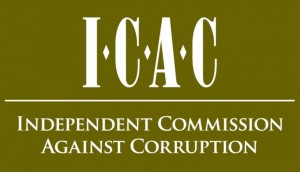The outgoing acting inspector of NSW‘s anti-graft watchdog has recommended winding back the agency’s ability to label people “corrupt” because he says an aspect of the power “undermines the presumption of innocence”.
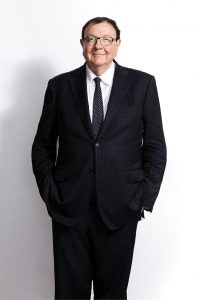
Legislation governing the Independent Commission Against Corruption states that such a finding can be made if a person’s actions “could” adversely affect those of a public official or authority.
Former ICAC assistant commissioner Anthony Whealy has savaged Mike Baird’s controversial overhaul of the agency, saying the move “looks like payback from a vengeful government”.
People can also be found to have acted corruptly if ICAC decides their actions “could impair” public confidence in public administration, including by fraud or collusive tendering.
However John Nicholson, SC, argues the agency should only be able to find a person engaged in corrupt conduct if it “was reasonable” for the commission to expect a “tribunal of fact” would conclude the finding was sustained.

Mr Nicholson argues the “problem with the ‘could’ … approach is that it undermines the presumption of innocence, which is supposed to apply to all those who remain unconvicted of an offence”.
The recommendation is contained in a report to the NSW Parliament reviewing complaints against ICAC by businessman Charif Kazal and former public servant Andrew Kelly and others in relation to the 2011 investigation Operation Vesta.
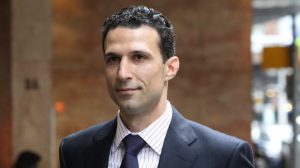
Mr Nicholson’s report did not uphold the complaints. It said ICAC acted within its powers in conducting the investigation, which found each engaged in corrupt conduct in relation to commercial tenancies at the Rocks.
But he says the “could” aspect of ICAC’s power should be stripped from the ICAC Act.
ICAC recommended that the advice of the director of public prosecutions be sought over charging Mr Kelly with misconduct in public office and Mr Kazal with giving false evidence. The DPP advised not to proceed.
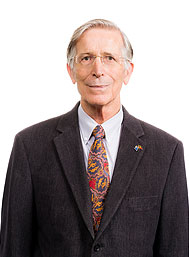
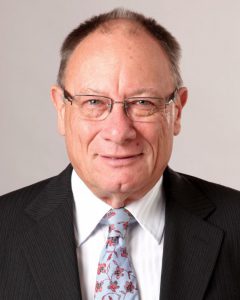
In his report to parliament Mr Nicholson – who this week has been replaced by incoming ICAC Inspector Bruce McClintock, SC – also recommends the parliamentary oversight committee for the ICAC consider whether the introduction of an “exoneration protocol” is in the public interest.
The previous ICAC Inspector, David Levine, QC, recommended an exoneration protocol, which would allow people found corrupt by ICAC but who are not later convicted on criminal charges to have the records “expunged” or the finding set aside by the Supreme Court.
But in a submission to a parliamentary inquiry last year, Mr McClintock – who has twice reviewed ICAC’s powers – rejected the suggestion.

“I do not agree with this recommendation, which seems to me to reveal a misunderstanding of ICAC’s role, its purpose, the [ICAC] Act itself and, indeed, of our criminal justice system,” Mr McClintock wrote.
An ICAC spokeswoman said the commission had yet to consider Mr Nicholson’s report.

